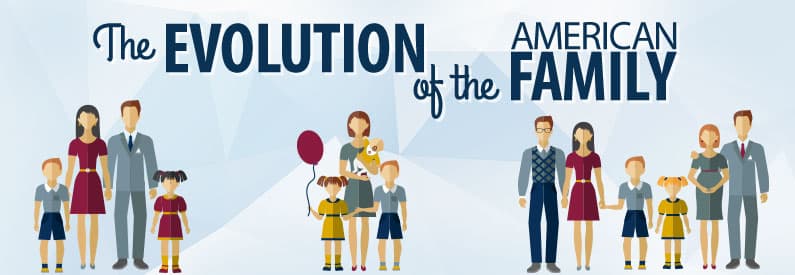

Marriage: Tradition or Transformation? Exploring America's Perspectives.
Marriage is a complex institution that has undergone significant changes throughout history. Traditionally, marriage has been seen as a union between a man and a woman with the primary purpose of procreation and the establishment of a family unit. However, with the evolution of society and changing cultural norms, the concept of marriage has been transformed to accommodate diverse perspectives and relationships.
One perspective on marriage in America is rooted in tradition. Many individuals still hold onto the traditional view that marriage should be between a man and a woman, based on religious or cultural beliefs. For example, some conservative religious groups argue that marriage is a sacred institution designed by God for the purpose of creating and raising children within a stable family unit. They believe that any deviation from this traditional definition undermines the fundamental purpose and sanctity of marriage.
Furthermore, some people view marriage as a legal and financial arrangement that provides stability and security for individuals and their families. They argue that traditional marriage provides legal protections, such as inheritance rights, tax benefits, and access to healthcare, which are not available to unmarried couples or those in non-traditional relationships. These individuals often emphasize the importance of upholding traditional marriage to preserve these legal and financial benefits.
However, there is also a growing perspective that marriage should be transformed to be more inclusive and reflective of the diverse relationships in society. This perspective advocates for marriage equality, recognizing same-sex marriages, and supporting non-traditional family structures. The legalization of same-sex marriage in the United States in 2015, through the Supreme Court case Obergefell v. Hodges, was a significant milestone in this transformation of marriage.
Supporters of marriage transformation argue that love and commitment should be the foundation of a marriage, rather than gender or procreation. They believe that all individuals should have the right to marry the person they love, regardless of their sexual orientation or gender identity. This perspective emphasizes equality, inclusivity, and the celebration of diversity in relationships.
Additionally, the transformation of marriage extends beyond same-sex marriage. It also includes the recognition and acceptance of non-traditional family structures, such as single-parent households, blended families, and cohabitation without marriage. These alternative family structures challenge the traditional notion that marriage is the only valid form of family, and highlight the importance of love, support, and commitment in defining familial relationships.
Related Posts
© 2026 Invastor. All Rights Reserved

User Comments